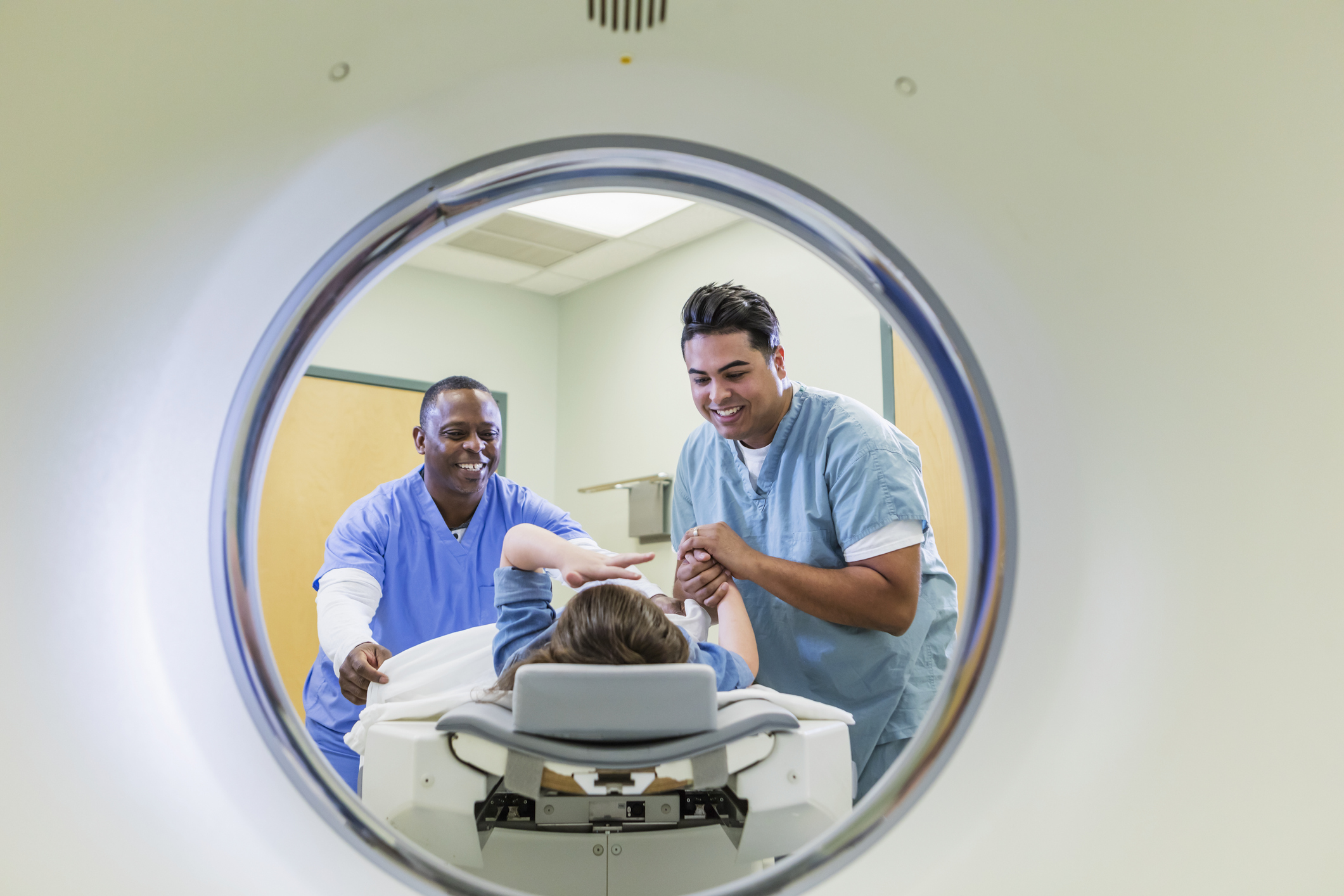As SoR delegates met in person for the first in person Annual Delegate Conference since 2019, members from across the country prioritised motions which focused upon safer working.
From arguments for minimum staffing levels and recognition that rosters are not safe for staff or patients to concerns from students about poor supervision on placements and limited opportunities for career development after qualification, delegates heard how the lack of sustainable workforce planning has created a staffing crisis.
One student delegate told ADC that six of her fellow trainee radiographers on her course had left the course because they felt badly treated while another outlined the difficulties finding affordabale accomodation while on placement.
The experiences echoed the findings of the SoR’s recent Workplace Conditions survey, a new annual initiative launched in February 2022. The survey generated over 3000 responses from members across the whole of the UK. Whilst the numbers are still being crunched ahead of a full report due for publication in late June, the initial headline findings, published to coincide with the ADC, provide some worrying trends – and some important pointers to starting points as NHS employers seek to retain and recruit into radiography.
Workplaces are not safe enough for staff or patients
In a recent SoR workplace survey, only just over one in five (22%) said their department was very safe while a quarter said it was either somewhat or very unsafe.
Alarmingly, almost three in 10 said patient safety DATIX reports are not always completed after incidents , with only around half (49%) saying they were even somewhat confident that Datix reports will be acted upon if or when completed.
SoR Executive Director Dean Rogers says, “DATIX reports are an essential check that CQC and Trust assume are a given and reply upon as measures. It is deeply troubling if these are unreliable. We will be looking at this urgently, with the aim of producing support and guidance for Reps to make sure all staff, including managers, are secure and confident not to compromise of staff and patient safety. Trust must be accountable for the welfare of staff and patients. This is a no compromise area.”
Another area SoR are already organizing around is recruiting more health and safety Reps and making sure these work closely with other local Industrial Relations Reps. Respondents to our survey told us only just over half are even somewhat confident that if they had an accident at work their employer would do something to make sure the environment is safer. Almost 1 in 4 (24%) said they lacked any confidence their employer would do anything at all after an accident to a staff member.
Dean Rogers says, “This should be a quick win for Trusts and is part of basic risk management. The week before Easter we won another high six figure settlement for a member who’s Trust ignored identified health and safety risks that resulted in injury when addressing the risk would have been far more cost effective, and saved a radiographers career. These figures are fuelling why people leave the NHS and it’s a false economy. Furthermore, members know where the safe places to work are so if Trusts are competing with each other for staff those that put in the effort will win the recruitment battle. Supporting their local SoR IR and Health and safety Reps is a good investment, as our survey findings show.”
Safe staffing is good economics
"The NHS are spending a fortune on overtime and outsourcing. These are desperate measures. 89% of respondents said there were not enough staff to meet their roster without requiring regular overtime. 6 in 10 say there are less staff now than before the pandemic with 4 in 10 not expecting colleagues known to be leaving in the next 12 months to be replaced," said Rogers.
This pressure is being reflected in attitudes to working in the NHS. While more than six in 10 (63%) would still recommend a career in radiography only 56% would recommend working for their Trust and four in 10 said they wouldn’t recommend working in the NHS to friends and family.
“Everyone interested in a better, sustainable NHS needs to focus all their energy on solving the staffing crisis” said Rogers. “The NHS has to be a safe and reasonable place to work. For too many, it doesn’t feel that it is.
Our survey, and the experience being recalled by members at our ADC, tells us in many cases the reality is crisis management and panic. Trusts think they don’t have the time or resources to spend on doing things safely and properly – when the truth is panic is making things more dangerous and ultimately more expensive.
"If the only way out of deadly working patterns is to sign up with an agency at extortionate hourly rates and work for an agency, or give up altogether and leave the profession the NHS staffing crisis will get worse not better. Its time for NHS leaders to be brave and honest with themselves, politicians and the public. There are lots of quick wins that can help to turn break this vicious circle – making people feel safe and valued stops fuelling the fires.
"The passion in our members speeches at ADC has been inspiring. It also shows that our Reps will work in partnership with anyone wanting to take the staffing crisis seriously.”

